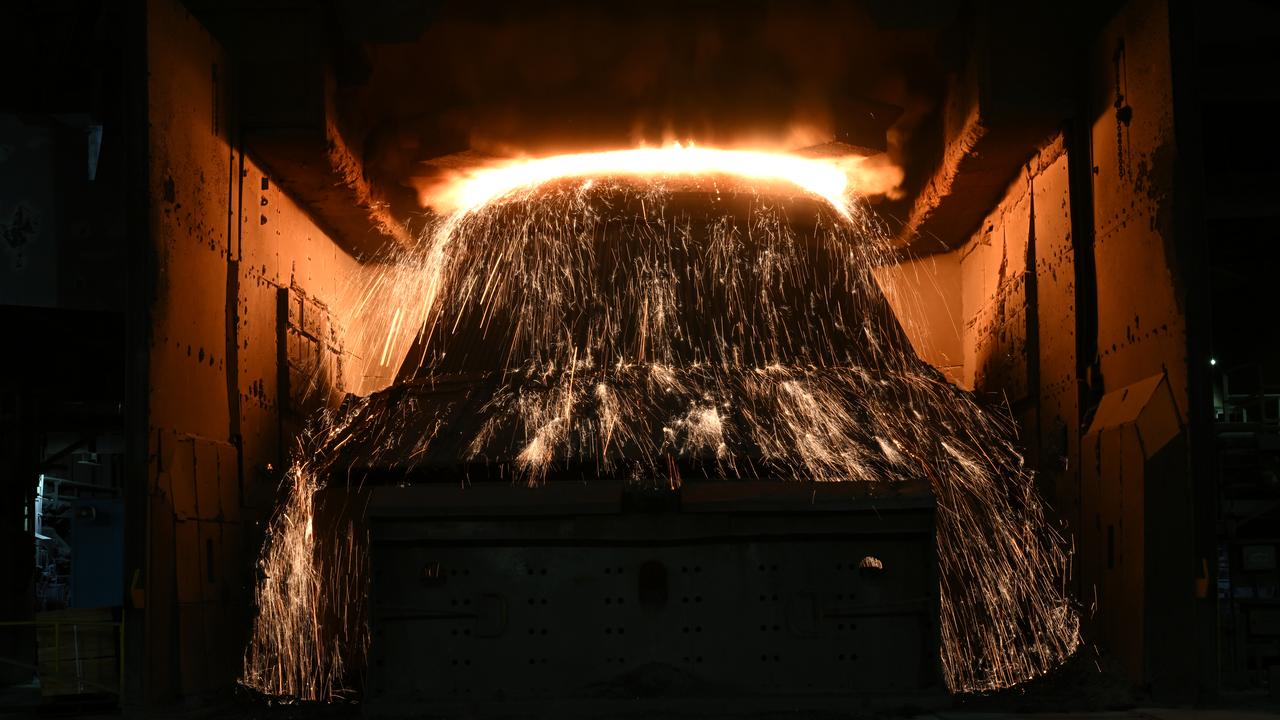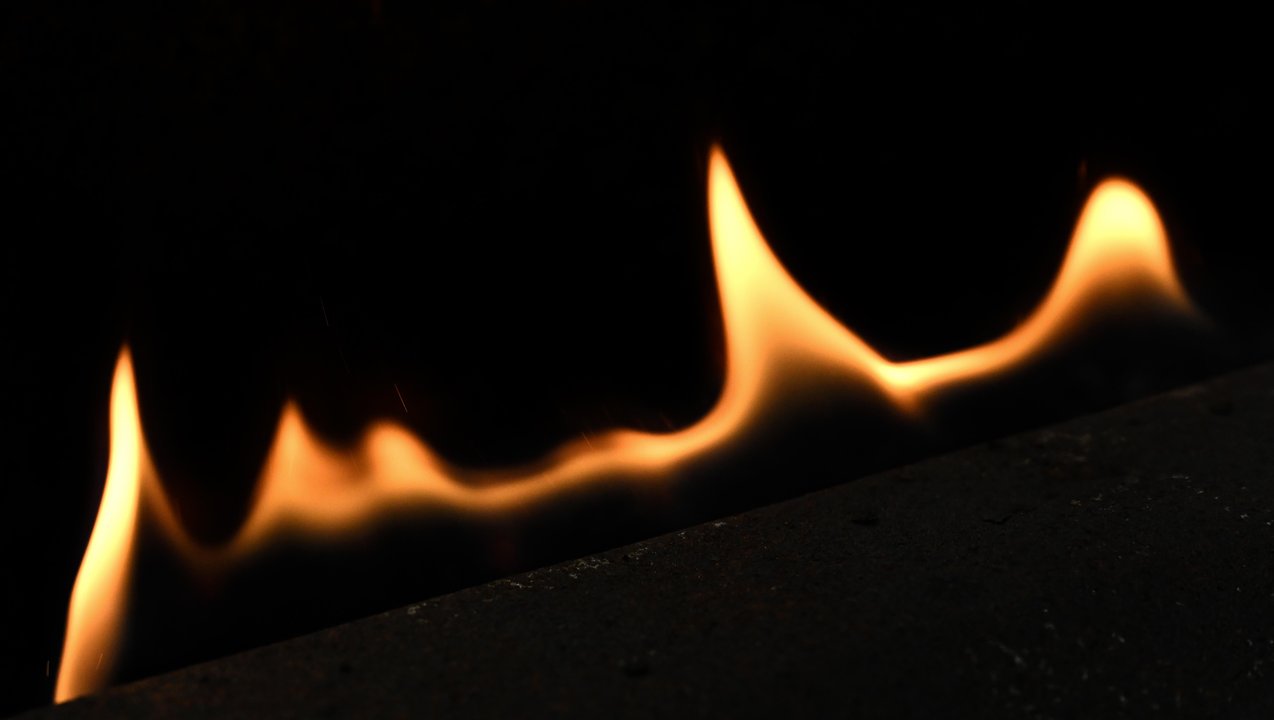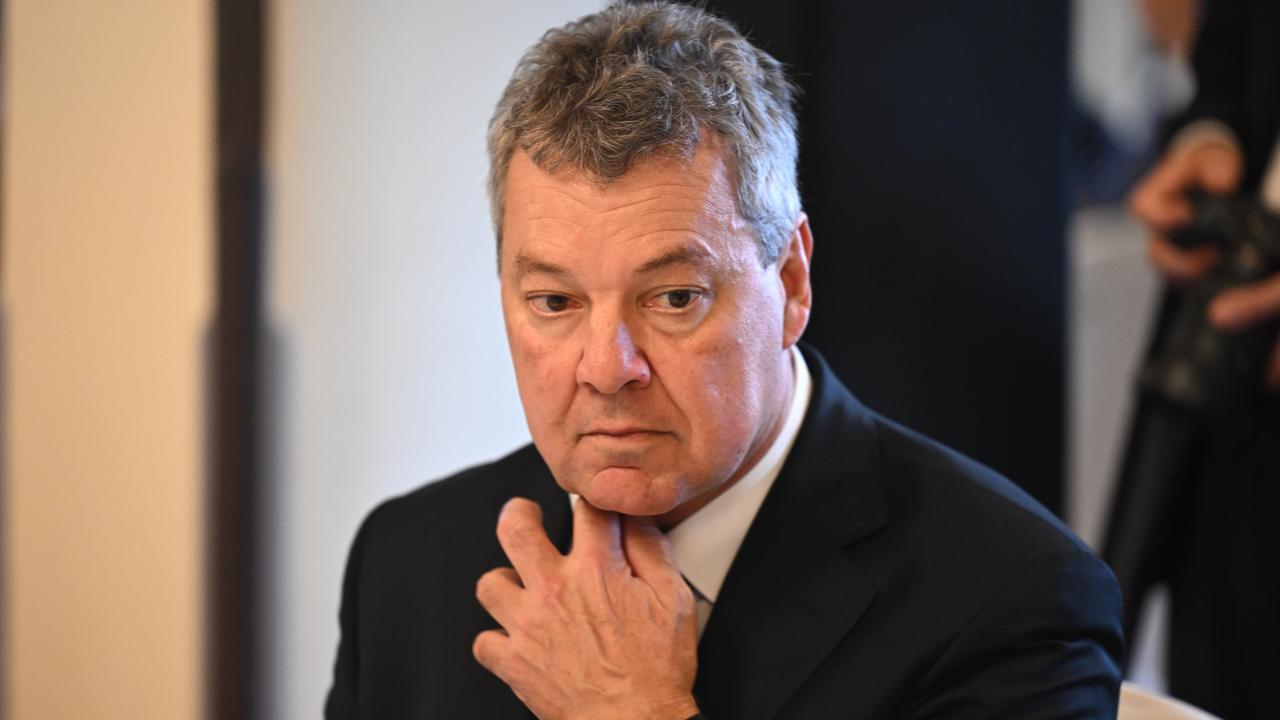
Australia doesn't have a functioning gas market, and putting energy exports ahead of local supply is "madness", BlueScope Steel's boss says.
CEO Mark Vassella said decarbonising the Port Kembla Steelworks in NSW would cut the company's carbon emissions by 60 per cent, but that required ten times more LNG than it could buy.
"Since 2015, LNG exports have gutted liquidity and driven prices up by nearly 300 per cent," he told an investor briefing after releasing the company's 2024/25 results.
"We prioritise exports over domestic supply, both industrial and retail - that's just madness."

Mr Vasella called for market intervention to lower gas prices for Australian businesses and households, along with a permanent domestic gas reservation and price mechanism.
"This is not radical, it's common practice around the world," he said.
"In what world does exporting LNG in massive quantities only to re-import it to supply a shorter domestic market make sense?"
BlueScope's financial scorecard was down on multiple fronts due to weak cyclical conditions and tariff disruptions, with revenue slipping four per cent to $16.3 billion and underlying net profit down 51 per cent to $420.8 million.
Reported net profit was $83.8 million, down from $805.7 million the year before, after it booked a $439 million impairment charge on the BlueScope Coated Products business in the US.
Despite this, Bluescope delivered a final dividend of 30 cents per share, lifting the total for the year to 60 cents, compared to 55 cents in the previous year.
Mr Vassella noted the volatility in trade policy and geopolitics over the reporting period, which included 25 per cent tariffs on Australian steel and aluminium exports to the US, which rose to 50 per cent on June 4.
"Despite this volatility, in my view, North America remains the most attractive steel market in the world, and we continue to believe the US is a great place to focus on and continue investing in," he said.

"There's clearly a pro-business and pro-manufacturing environment in the US."
BlueScope already has a significant footprint in the US, where it employs around 4000 people in four businesses across sectors including steel, scrap recycling, painted metal products and building materials.
US President Donald Trump's flagship spending legislation would also be a boon for the company, Mr Vasella said.
"The tax elements of the One Big, Beautiful Bill are a significant positive for manufacturing and therefore steel demand; the tariff-based support of assembling vehicles onshore is also a potential tailwind to manufacturing," he added.
"This is one of the largest sectors for steel use and electricity prices, whilst rising, remain globally very competitive."
Investors didn't appear to share that optimism, with BlueScope shares falling 2.2 per cent to $23.72 in early trade.







